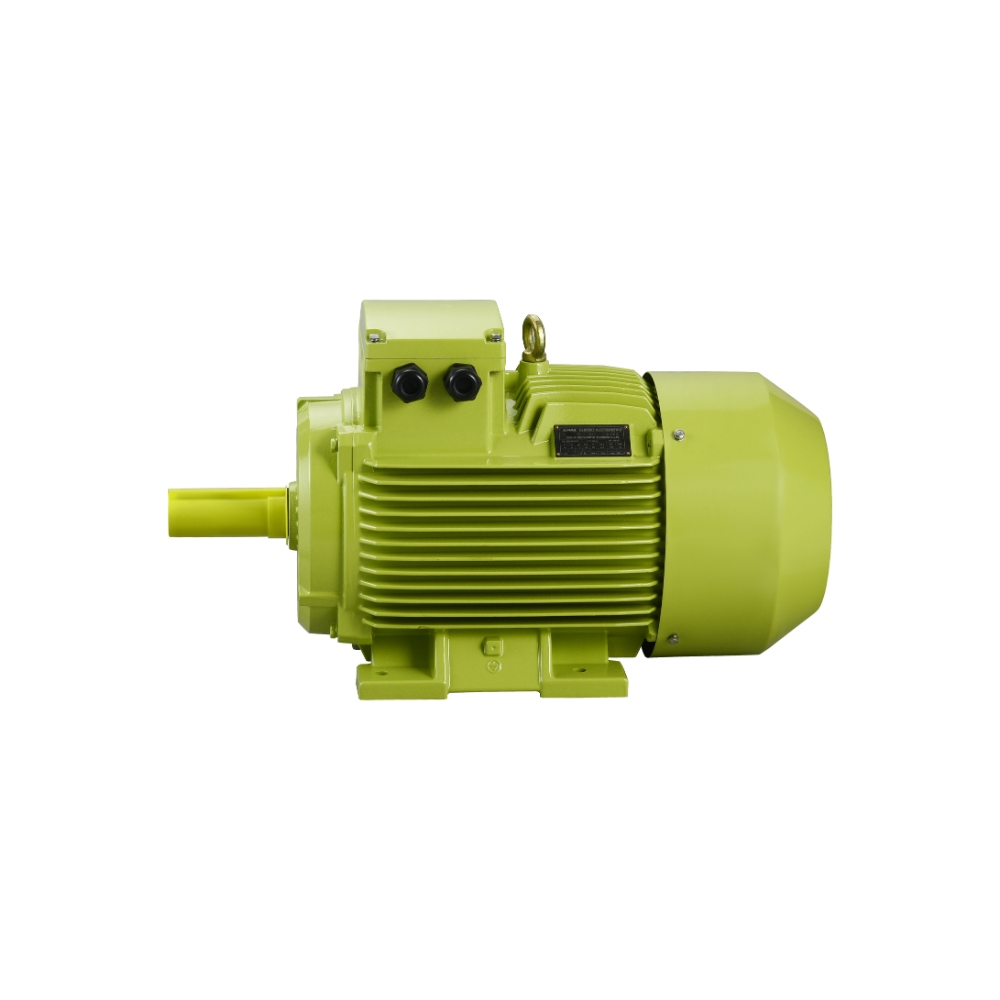Unveiling the Drawbacks of Mechanical Pumps: A Comprehensive Analysis
Mechanical pumps have revolutionized various industries by efficiently transferring fluids and gases. However, like any technology, they are not without their disadvantages. In this blog post, we will delve into the drawbacks of mechanical pumps, exploring their limitations and potential challenges. By understanding these disadvantages, professionals and decision-makers can make informed choices when considering the implementation of mechanical pumps in their respective fields.
- Limited Efficiency and Energy Consumption:
One of the primary disadvantages of mechanical pumps is their limited efficiency, especially when handling viscous fluids or gases. The mechanical components, such as impellers and seals, introduce friction, leading to energy losses and reduced overall efficiency. Additionally, mechanical pumps often require significant amounts of energy to operate, making them less environmentally friendly compared to alternative pumping technologies. - Maintenance and Reliability Concerns:
Mechanical pumps are complex systems with numerous moving parts, which makes them prone to wear and tear. Regular maintenance is crucial to ensure optimal performance and prevent unexpected breakdowns. However, maintenance can be time-consuming and costly, particularly for large-scale industrial pumps. Furthermore, the reliability of mechanical pumps can be compromised in harsh operating conditions, such as extreme temperatures or corrosive environments. - Noise and Vibrations:
Mechanical pumps are known for generating noise and vibrations during operation. These factors can be disruptive and potentially harmful to both workers and nearby equipment. Noise pollution can lead to decreased productivity, increased stress levels, and even long-term hearing damage. Vibrations, on the other hand, may cause structural damage to the pump itself or surrounding infrastructure, necessitating additional maintenance and repairs. - Limited Flexibility and Adaptability:
Mechanical pumps are designed for specific applications and may not be easily adaptable to different operating conditions or fluid types. For instance, certain pumps may struggle to handle fluids with high solids content or those prone to clogging. This lack of flexibility can limit the pump's effectiveness in diverse industries, requiring alternative pumping solutions for specific requirements. - Environmental Impact:
While mechanical pumps are widely used, their environmental impact cannot be ignored. Some pumps rely on lubricants or coolants that can be harmful to the environment if not properly managed. Additionally, the disposal of worn-out or obsolete pumps can pose challenges in terms of waste management and recycling, contributing to environmental pollution.
Conclusion:
Mechanical pumps have undoubtedly played a crucial role in various industries, but they are not without their drawbacks. From limited efficiency and maintenance concerns to noise and environmental impact, understanding these disadvantages is essential for making informed decisions. As technology advances, it is important to explore alternative pumping solutions that address these drawbacks while meeting specific industry requirements. By doing so, we can strive for more efficient, reliable, and sustainable pumping systems in the future.



